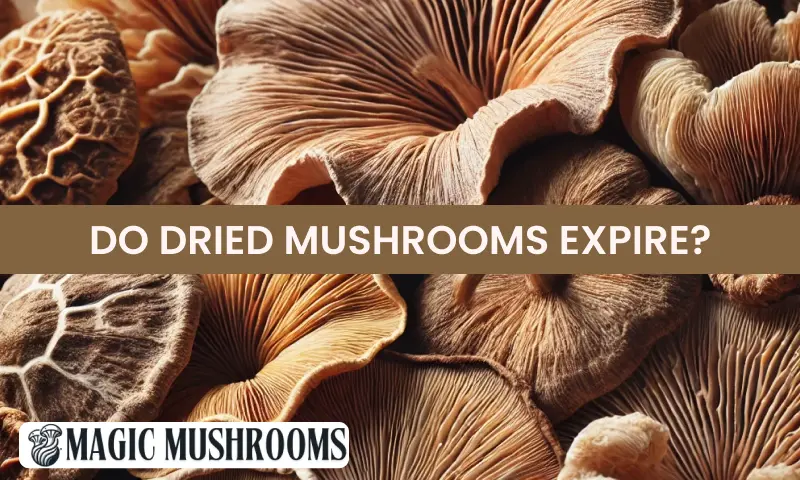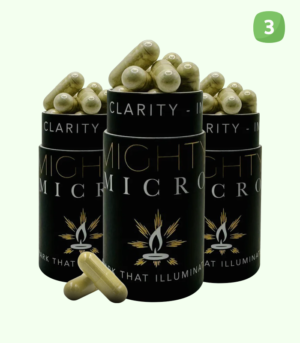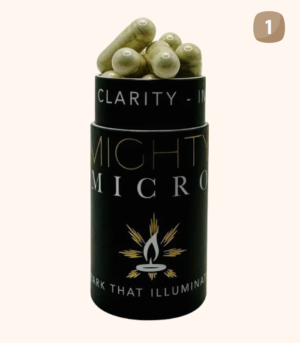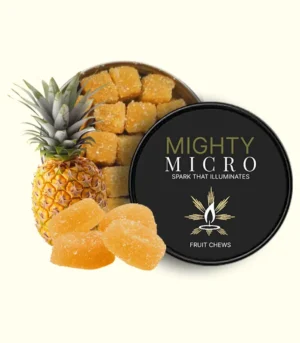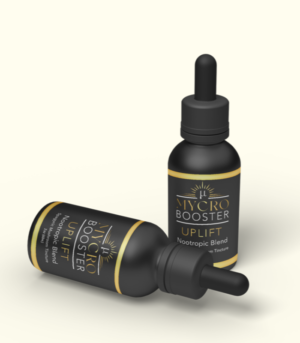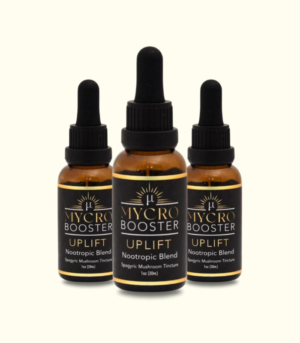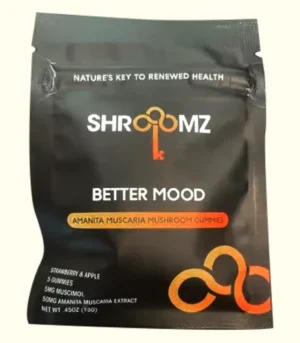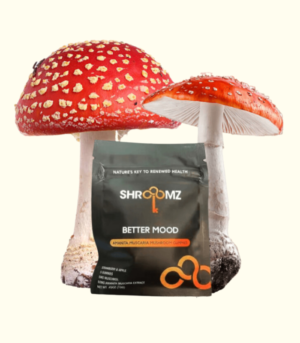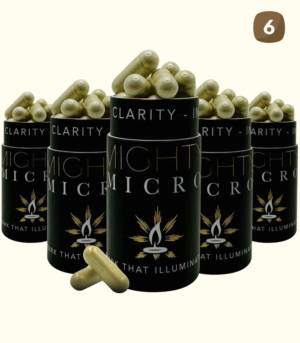Dried mushrooms can retain their quality for up to a year if stored correctly. The best way to prolong their shelf life is to place them in an airtight container, kept in a cool and dark area, away from any moisture or direct light.
Note: The expiration of dried mushrooms depends on various factors such as storage conditions, type of mushroom, and how they were dried.
Why Do We Dry Mushrooms?
Drying mushrooms is a preservation method that has been used for centuries. The primary reason for drying mushrooms is to extend their shelf life.
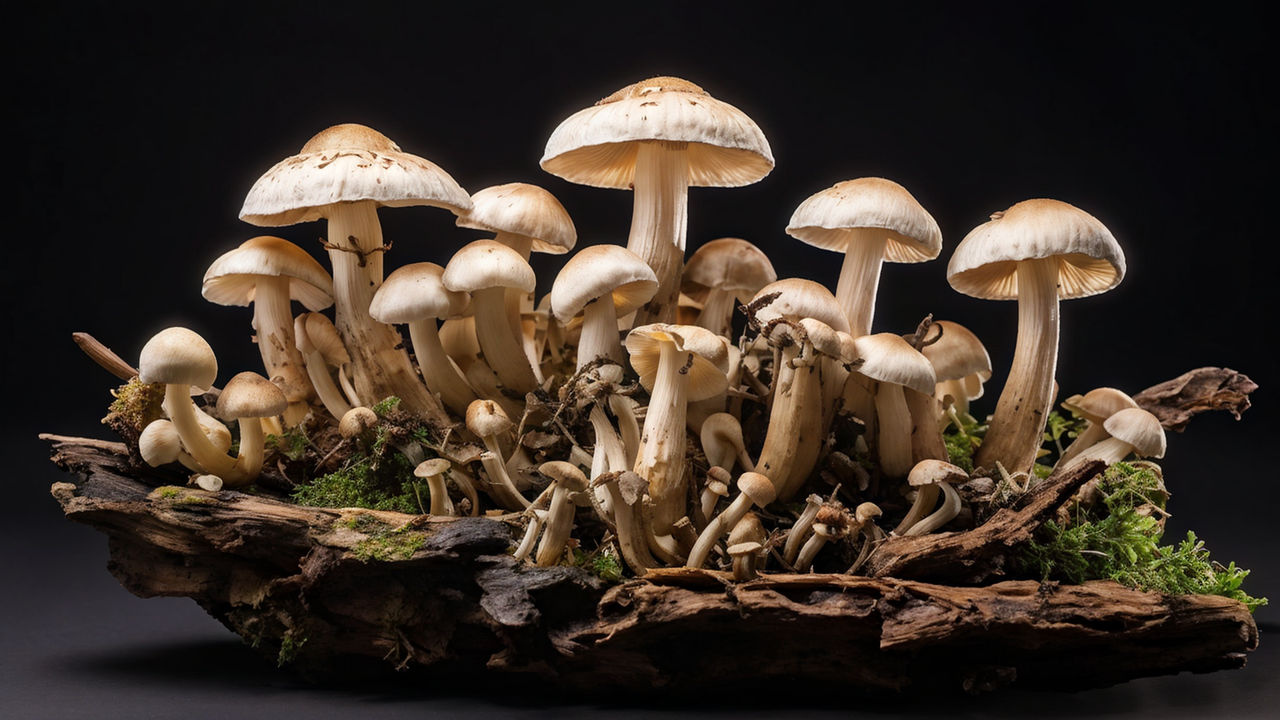
Fresh mushrooms have a high moisture content, making them perishable and prone to spoilage within a few days. By removing this moisture through drying, mushrooms become less susceptible to mold and bacteria growth, ensuring they can be stored for months without refrigeration. Dried mushrooms are also lightweight and compact, making them convenient for storage and transportation.
Rehydrated dried mushrooms can be used in soups, stews, and various dishes, providing the same taste and texture as fresh ones. This method not only prevents waste but also allows for the enjoyment of mushrooms’ unique umami flavor year-round.
What Are the Benefits of Dried Mushrooms?
Dried mushrooms offer numerous benefits, making them a versatile and valuable ingredient in the kitchen and beyond.
- Extended Shelf Life: Dried mushrooms have a much longer shelf life compared to fresh mushrooms. They can be stored for months or even years without losing their nutritional value, making them a convenient pantry staple.
- Rich in Nutrients: Dried mushrooms are packed with essential nutrients, including vitamins (B2, B3, B5, and D), minerals (selenium, copper, and potassium), and dietary fiber. These nutrients support overall health and wellness.
- Immune System Support: Many mushrooms, such as shiitake and maitake, contain compounds that can boost the immune system, helping to protect against illnesses and infections.
- Antioxidant Properties: Dried mushrooms are rich in antioxidants, which help combat free radicals in the body. This can reduce oxidative stress and lower the risk of chronic diseases such as heart disease and cancer.
- Anti-Inflammatory Effects: Certain compounds in dried mushrooms have anti-inflammatory properties, which can help reduce inflammation in the body and alleviate symptoms of conditions such as arthritis.
- Convenience: Dried mushrooms are lightweight and easy to store, making them convenient for travel, camping, and emergency food supplies.
- Medicinal Mushrooms: Some dried mushrooms, like reishi, cordyceps, and lion’s mane, are known for their medicinal properties. They are used in traditional medicine to improve mental clarity, boost energy levels, and promote relaxation.
Our Best Wellness Products
Are Dried Mushrooms as Good as Fresh?
Dried mushrooms have a more intense flavor due to the concentration process, which can enhance dishes. However, the texture of dried mushrooms differs from fresh ones, often becoming slightly chewier when rehydrated.
| Aspect | Fresh Mushrooms | Dried Mushrooms |
|---|---|---|
| Nutritional Value | High in water content, low in calories, rich in vitamins B and D, selenium, and potassium | Concentrated nutrients, higher levels of protein, fiber, and certain minerals per weight |
| Flavor | Delicate, subtle flavor | Robust, earthy, and intensified flavor |
| Texture | Tender, moist | Chewy when rehydrated |
| Shelf Life | Short, typically up to a week in the refrigerator | Long, often a year or more if stored in a cool, dry place |
| Storage | Requires refrigeration | Stored in a cool, dry place |
| Culinary Uses | Ideal for raw applications, sautéing, grilling, steaming | Best for soups, stews, sauces, and dishes needing deep flavor |
| Preparation | Ready to use | Needs rehydration before use, usually by soaking in warm water |
| Cost and Availability | Readily available but can be more expensive, especially out of season | More cost-effective over time, available in specialty stores or online |
How to Tell if Dried Mushrooms Have Gone Bad?
To determine if dried mushrooms have expired, consider the following signs:
- Smell: If they emit an off or rancid odor, they have likely gone bad.
- Color: Discoloration, such as dark spots or an overall change in color, can indicate spoilage.
- Texture: If the mushrooms feel excessively brittle or powdery, they may no longer be good.
- Taste: A stale or unpleasant taste after rehydration is a clear sign of expiration.
Which Dried Mushrooms Are Best?
Certain types of mushrooms are more commonly dried due to their flavor and texture. Some popular choices include:
- Porcini: Known for their rich, earthy flavor.
- Shiitake: Offers a robust, umami taste.
- Morels: Prized for their unique taste and culinary versatility.
- Chanterelles: Valued for their fruity and peppery flavor.
How Are Dried Mushrooms Different from Fresh?
Dried mushrooms differ from fresh ones in several ways:
- Moisture Content: Dried mushrooms have had most of their moisture removed, which significantly extends their shelf life.
- Flavor: The drying process concentrates the mushrooms’ natural flavors, making them more potent.
- Texture: Rehydrated dried mushrooms have a different texture compared to fresh mushrooms, often being slightly chewier.
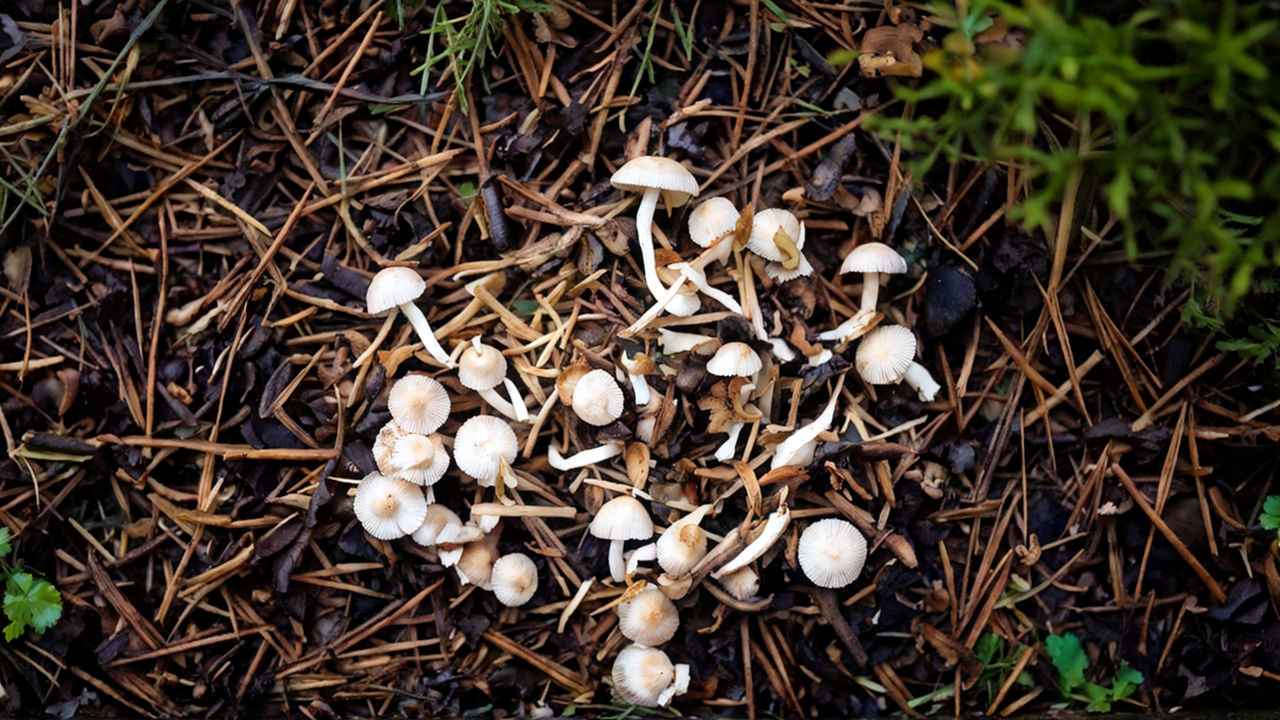
How and Where to Store Dried Mushrooms?
How to Store Dried Mushrooms
- Choose the Right Container
- Airtight Containers: Use glass jars, vacuum-sealed bags, or airtight plastic containers. These help keep moisture and air out.
- Desiccant Packs: Include silica gel packs or food-safe desiccant packs in the container to absorb any residual moisture.
- Proper Sealing
- Ensure that the container is sealed tightly after every use. Exposure to air can degrade the mushrooms over time.
- Labeling
- Label the containers with the type of mushroom and the date of drying. This helps keep track of the storage time.
- Avoid Light and Heat
- Store the containers in a dark, cool place. Light and heat can degrade the active compounds in mushrooms and reduce their shelf life.
- Vacuum Sealing (Optional)
- For long-term storage, consider using a vacuum sealer to remove all air from the packaging. This can significantly extend the shelf life of dried mushrooms.
Where to Store Dried Mushrooms
For long-term storage, place the dried mushrooms in the freezer. Use vacuum-sealed bags or airtight containers to prevent freezer burn. Freezing can keep dried mushrooms fresh for up to a year or more.
Pantry or Kitchen Cabinet
Choose a dry, dark, and cool pantry or cabinet. Avoid areas near the stove, oven, or other heat sources.
Refrigerator
For extra protection, especially in humid climates, store the dried mushrooms in the refrigerator. Ensure they are in airtight containers to prevent moisture from getting in.
Freezer
For long-term storage, place the dried mushrooms in the freezer. Use vacuum-sealed bags or airtight containers to prevent freezer burn. Freezing can keep dried mushrooms fresh for up to a year or more.
Ideal Storage Conditions
The ideal storage conditions for dried mushrooms involve:
- Airtight Containers: Prevents exposure to air and moisture.
- Cool and Dark Locations: Slows down the degradation process.
- Avoiding Heat: Heat can accelerate spoilage and reduce shelf life.
Rehydrating Dried Mushrooms
To rehydrate dried mushrooms:
- Soak in Warm Water: Place dried mushrooms in warm water for 20-30 minutes.
- Drain and Rinse: After soaking, drain the water and rinse the mushrooms to remove any remaining grit.
- Use Soaking Liquid: The soaking liquid can be used as a flavorful broth in various dishes.
Cooking with Dried Mushrooms
Dried mushrooms can be used in a variety of recipes, including soups, stews, risottos, and sauces. They add depth and richness to dishes, enhancing the overall flavor profile.
Freezing Dried Mushrooms
Freezing dried mushrooms is another way to extend their shelf life. Place the mushrooms in an airtight container or freezer bag, and store them in the freezer. This method can keep them fresh for an extended period.
Expired Dried Mushrooms: Are They Safe to Eat?
Expired dried mushrooms are not necessarily unsafe to eat, but they may lose their flavor and nutritional value. It’s important to check for signs of spoilage, such as mold, unusual odors, or changes in texture, before consuming.
How to Use Dried Mushrooms
Dried mushrooms can be used in a variety of dishes. To rehydrate them, soak in warm water for about 20-30 minutes until they are plump and soft. The soaking liquid, which absorbs the mushroom’s flavor, can be used as a broth in soups, sauces, and risottos.
When Does a Mushroom Go Bad?
A mushroom goes bad when it starts to show signs of spoilage, such as becoming slimy, developing dark spots, or emitting an unpleasant odor. Fresh mushrooms should have a firm texture, uniform color, and a mild, earthy smell. If you notice any significant changes in texture, color, or smell, it is best to discard the mushrooms. To extend their freshness, store mushrooms in a paper bag in the refrigerator, as this allows them to breathe and prevents excess moisture buildup, which can accelerate spoilage. Generally, fresh mushrooms can last for about a week, but always trust your senses to determine if they are still good to eat.
Do Psychedelic Mushrooms Expire?
Yes, psychedelic mushrooms do expire. Over time, their potency can decrease, and they may lose their effectiveness. The active compounds in psychedelic mushrooms, such as psilocybin, can degrade when exposed to air, light, and moisture. This degradation can lead to a reduction in their psychoactive properties. Additionally, like any organic matter, psychedelic mushrooms can become contaminated with mold or bacteria if not stored properly.
Are Dried Mushrooms Good?
Yes, dried mushrooms are good and offer several advantages over fresh ones. When mushrooms are dried, they retain most of their nutrients and can be stored for a much longer period without the risk of spoilage. The drying process intensifies their flavor, making them a valuable ingredient in various culinary dishes, particularly soups, stews, and sauces. Dried mushrooms are also convenient as they are lightweight, take up less space, and are easy to rehydrate by soaking them in water or broth before use.
Dried mushrooms maintain their nutritional benefits, including being a good source of vitamins, minerals, and antioxidants. Properly stored in an airtight container in a cool, dark place, dried mushrooms can last for several months to even a year, making them a versatile and valuable addition to your pantry.
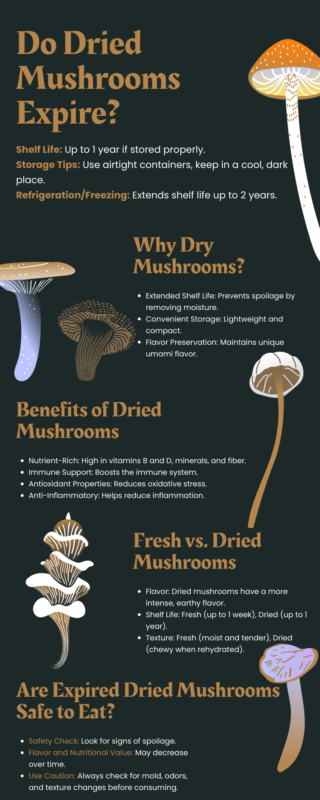
Conclusion
Dried mushrooms are a valuable and versatile addition to any pantry, offering an extended shelf life, intense flavors, and a rich nutritional profile. When stored properly in airtight containers in cool, dark places, dried mushrooms can last for up to six months or even longer with refrigeration or freezing.
The process of drying mushrooms not only preserves their natural umami taste but also concentrates their nutritional value, making them a convenient and beneficial ingredient for a wide range of culinary applications.
By understanding the correct storage methods and recognizing signs of spoilage, one can ensure that dried mushrooms remain safe and enjoyable to use. Whether enhancing soups, stews, or sauces, dried mushrooms bring a unique depth of flavor to dishes, making them a staple for both traditional and modern cooking.
Proper handling and preparation, including rehydration and careful storage, are key to maximizing their potential and maintaining their quality over time.

